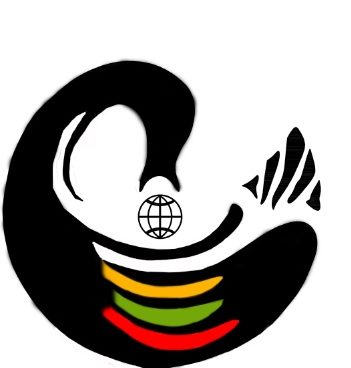Rwanda is located south of the Equator in east-central Africa. Known for its breathtaking scenery, Rwanda is often referred to as le pays des mille collines (French: “land of a thousand hills”). The capital is Kigali, located in the center of the country on the Ruganwa River. Like Burundi, its neighbour to the south, Rwanda is a geographically small country with one of the highest population densities in sub-Saharan Africa. Rwanda also shares with Burundi a long history of monarchical rule. Rwanda is bounded to the north by Uganda, to the east by Tanzania, to the south by Burundi, and to the west by the Democratic Republic of the Congo (Kinshasa) and Lake Kivu. Dry beans, sorghum, bananas, corn (maize), potatoes, sweet potatoes, and cassava (manioc) are the primary crops grown in Rwanda. While beans, sorghum, and corn are harvested seasonally at the onset of the two dry seasons, bananas, sweet potatoes, and cassava can be grown and harvested throughout the year. Bananas are grown principally for the production of banana wine, a highly popular local beverage consumed in all regions of the country. As in Burundi, the major ethnic groups in Rwanda are Hutu and Tutsi, respectively accounting for more than four-fifths and about one-seventh of the total population. The Twa, a hunter-gatherer group, constitute less than 1 percent of the population. Other minorities include a small group of Europeans (mostly missionaries, employees of relief and development programs, and entrepreneurs), a small number of Asian merchants, and Africans from Tanzania, Uganda, the Democratic Republic of the Congo, and elsewhere. The country has three official languages: Rwanda (more properly, Kinyarwanda), English, and French. Rwanda, a Bantu language belonging to the Benue-Congo branch of the Niger-Congo language family, is spoken by virtually all Rwandans. More than two-fifths of the country’s population is Roman Catholic, more than one-third is Protestant, and more than one-tenth is Adventist. Muslims, the nonreligious, and members of Christian schismatic religious groups collectively account for less than one-tenth of the population. Rwanda’s primary mineral resources are tin (cassiterite) and tungsten (wolfram); other resources include tantalite, columbite, beryl, and gold. Methane gas from Lake Kivu is used as a nitrogen fertilizer and is also converted into compressed fuel for trucks. Holidays in Rwanda include those associated with the majority Christian population, such as Good Friday, Easter, and Christmas. The Feast of the Assumption is observed by the Roman Catholic community on August 15. Holidays celebrated by the Muslim community include ʿĪd al-Fiṭr, which marks the end of Ramadan, and ʿĪd al-Aḍḥā, which marks the culmination of the hajj.
Things to Do:
Visit the Kigali Genocide Memorial
Hike Volcanoes
Track Gorillas at Virunga Mountain Range





